Vision
Open SLCC envisions a future where students at SLCC and beyond have access to high-quality open educational resources and where faculty and practitioners will receive the support to adopt, adapt, create, and share them.
Statement of Purpose
Open SLCC is a cross-institutional team that advocates for student success, inclusivity, and educational equity by supporting faculty and practitioners in logistics, scholarship, transformational open practices, and efforts to adopt, adapt, and develop open educational resources.
Why Open Education?

An Open Champion is an individual who has made a significant contribution in supporting OER work at SLCC and often in the broader open community. Open SLCC would like to congratulate all our faculty, administration, and staff champions. Here we highlight the efforts of our current Open Champions. We also recognize and thank our Past Open Champions.
The Open SLCC Team and Advisory Committee extend heartfelt recognition to President Dr. Deneece Huftalin, bestowing her the Honorary Open Champion title. She is recognized for her steadfast commitment to Open Education through her exemplary leadership and unwavering support of the OER program at SLCC spanning from 2014 to 2024. Dr. Huftalin has significantly influenced the educational landscape, and her efforts have profoundly touched the lives of students at SLCC and beyond with an impact that transcends quantification. We extend our sincerest appreciation to Dr. Huftalin for her pivotal role in shaping and fostering the success of Open SLCC into the thriving program it is today.
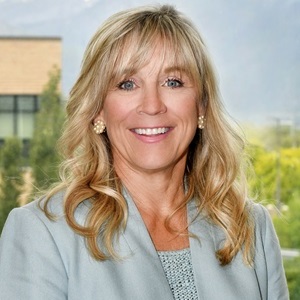
"Open Education Resources is so easy to get behind as a president. It immediately increases access to learning materials for all students, and importantly for those who are financially vulnerable. I was proud to be the President of SLCC when OER was in its infancy and watch it grow into a national model saving students more than $28M in textbook costs. Our students win with affordable resources and our faculty win by publishing creative, relevant texts with international reach!”
Dr. Deneece Huftalin, SLCC President
Honorary Open Champion
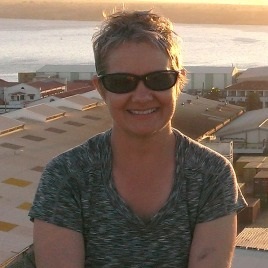
“Open Educational Resources (OER) makes college more affordable for our students and allows us to tailor material to topics specific to our classes, compared to general textbooks which often include more tangential information. This is especially important in online classes where my faculty manipulate the OER materials to clarify or highlight certain topics, replicating what we might typically do in our in-person lectures.”
Melissa Schaefer Seaboch, Ph.D, Professor Department Chair, Anthropology and Political Science
Staff/Administration Open Champion
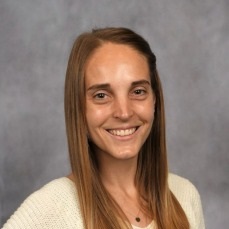
“I use OER in my classroom to provide dynamic, up-to-date instructional resources to SLCC students. I am proud to work with OER at SLCC to increase access to higher education, reduce financial barriers, and develop equitable content that highlights the many diverse perspectives in the Geosciences.”
Stella Mosher, Division of Natural Sciences
Adjunct Faculty Open Champion
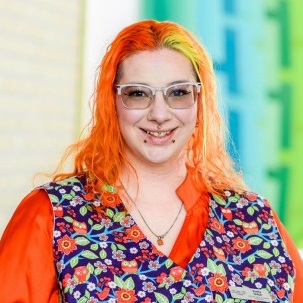
“The Low-Cost / No-Cost program is a lifeline for students. SLCC offers such an incredible number of these courses, that some students don't even realize they are taking them. They are just ecstatic to not have to buy a textbook. With inflation at record highs, students are looking for ways to make every dollar they spend at school go further. The OER program allows students to take classes, without worrying about hidden textbook costs”
Emily Orton, SLCCSA Vice President of Academic Pathways
Student Open Champion
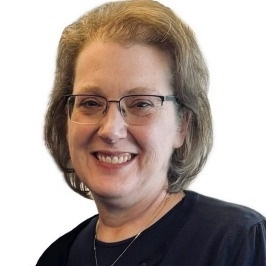
“I was first drawn to OER because of my desire to make a college education more affordable and, therefore, more accessible to all students. As I began using OER, I loved the flexibility it gave me. I was able to create course materials tailored to the learning objectives of my courses rather than having to design my curriculum around available textbooks.”
Deena Bain, Associate Professor Mathematics
Full Time Faculty Open Champion
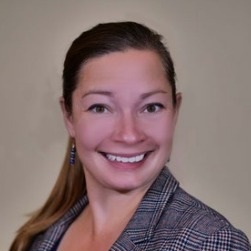
"I use OER in my courses and advocate for their use across campus. These resources minimize financial barriers and offer enhanced accessibility for diverse learners. OER fosters interactive learning environments by integrating multimedia content, enhancing engagement, and enriching the educational experience for modern students. By embracing OER, I empower students to explore diverse perspectives and immerse themselves in the dynamic world of Earth science without constraints.”
Laura Harris, Assistant Professor Geoscience
Full Time Faculty Open Champion
Frequently Asked Questions
Cost Savings
Since the introduction of the OER to the college in 2014, there has been an estimated $21 million in cost savings for more than 243,000 SLCC students (as of Spring 2022). The rising cost of textbooks can pose a barrier becoming an unnecessary financial worry for SLCC students. OER is one way to help with making higher education more affordable and accessible. For further information, check out our OER By The #s.
Academic Freedom
Creative Commons licenses allow faculty to adapt and create OER customized to their specific teaching style and the needs of their students. It also allows faculty to easily update their resources to reflect up-to-date information.
Students
Interested in taking a course with no-cost/low-cost textbook alternatives? Check out our instructions for locating courses!
Faculty
If you're interested in exploring OER as an option for your course(s) - please schedule a consultation with the Open SLCC office. We can guide you through the initial stages of OER exploration and connect you with additional support to make the process easier. Or visit the faculty pages on this website for more information.